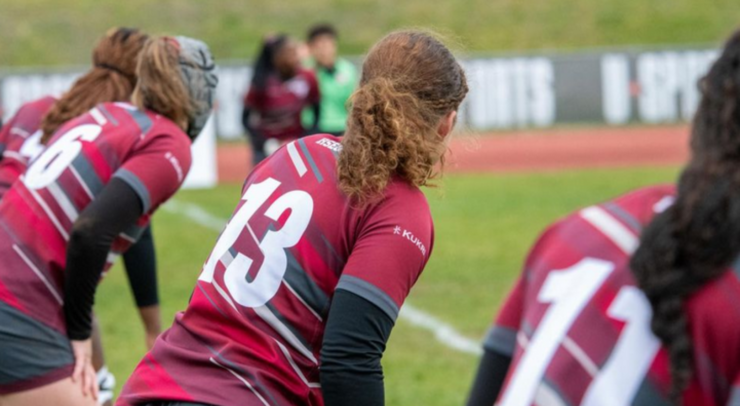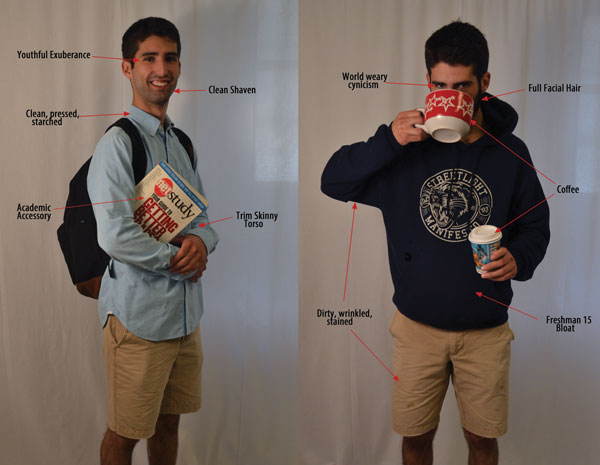U of O resources for students travelling overseas
WORKING OR STUDYING abroad is a life-changing experience that can be the highlight of your university career. Although many students are put off by the daunting task of trying to organize such an adventure by themselves, the University of Ottawa provides many free services to help them find the opportunity that’s right for them.
“You should really get to know what’s offered,” said Stephie Mazunya, the senior international assistant at the U of O’s Career Services Centre. “We’re here to help you. This [centre] is organized by students that really try to help other students get all the tools they need to study abroad.”
For students interested in working or volunteering abroad, the university’s Career Services Centre is the place to go. Employees provide students with information on workshops, conduct mock interviews, and do résumé critiques geared toward finding an international position. Asking questions at Career Services is also a great way to avoid getting scammed by some of the lesser-known international programs with reasonable prices but no credentials.
“We are able to put you in contact with the right organization, the right companies, the right people,” said Mazunya. “We won’t find you your job necessarily, but we’ll tell you where you can go—and when we tell you where to go, it’s legitimate.”
Students interested in studying abroad should head to the International Office in Tabaret Hall where they can speak to Geneviève Boutin, the University of Ottawa’s international mobility coordinator. Boutin noted there are many questions students don’t think to ask when applying for a study abroad position. The International Office can remind students there are many important factors to consider.
“They should be asking, ‘Am I eligible? Where can I go? When can I go?’,” said Boutin, noting academic sessions and standards differ around the globe.
Students confirm their eligibility through such qualifications as a B average, Canadian citizenship and enrollment in a program at the University of Ottawa. Once accepted into a program, students are warned to take safety incredibly seriously while travelling.
“It’s hard to dictate other people’s common sense, but obviously things that you probably wouldn’t do here in Ottawa or anywhere else in Canada, you shouldn’t be doing abroad,” says Boutin. “Basic things, like don’t do illegal drugs, don’t drink and drive—a really important thing is don’t get involved in protests. Because if you’re in another country, sometimes they’re straight-out illegal. It’s very different from in Canada.”
After studying at the University of Granada in Spain for 10 months, fourth-year international studies and modern languages student Natalie Morris provided some invaluable advice for potential global students.
“To people who are interested, it’ll be the best experience of their life, and I encourage them strongly to do it. You learn so many life skills,” said Morris. “And to people who are ready to go, just be open to everything and very patient and all will come together in time. At first, it might feel discouraging because things are hard, but they’ll get easier quickly.”
—Keeton Wilcock




